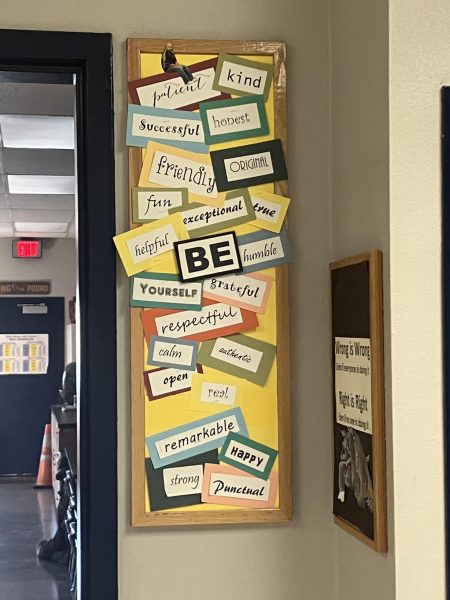Ready or Not?
Buses are either getting to school too early or too late, whether students are ready or not
If you’ve ever ridden a bus to school before, you’d know all about the craziness that may take place. Including all of the noisy talking, yelling, some trying to get sleep, others crowded, and some with plenty of room while aboard the big yellow bus.
After school, students need to walk to Memorial Middle School to catch their bus, which doesn’t leave enough time, making the times students arrive at school in the morning, not the only problem. Due to the time most buses come, students can’t ask any questions they have about homework and important assignments in the afternoon.
Freshman Rahima Monahan expresses how the bus schedule affects her. “Personally, I have to speed walk from West Albany to the very front of Memorial. I believe we should have 15-20 minutes instead of 5-10 minutes,” Monahan said. “I like it in the morning, but it is a pain in the afternoon.”
While many students may have less of a concern in the morning, there are some who worry about it in the afternoon.
If students were to miss their bus, they would need to figure out arrangements to get home and if they miss asking an important question, they
may not be able to complete a major assignment or be completely ready for a test. For this reason, the bus schedule should be fixed to where
students have just the right amount of time in the morning and enough time to talk to teachers in the afternoon.
“When [the bus is] in the front [of MMS], we don’t have enough time to get to it,” said freshman Hailey Mcree.” There is a reason we have study skills, so they should be using that time or in passing periods because you have 12 minutes to get to class.”
Even though students have other times during the day to speak with teachers, like during breaks, it would be best after school when students
have already been through all their classes and know what they might ask teachers. Students wouldn’t have to worry about rushing to their classes in fear of receiving a tardy. Katie Rohrbough, a junior, says her bus comes every morning at about 6:57 a.m. She gets to school at about 7:05, leaving 35 minutes in the morning at school. Although this may seem like a lot of time to speak with teachers, not all have their classrooms open this early because some get to school later and have other things they need to do.
“I’d really like it if the bus would come later, like towards 7:00, maybe like 7:05. I have to wake up earlier than I used to because the bus used to come at like 7:12 and now I have to get up earlier because it takes me a long time
to get ready,” explains Rohrbough. “If the bus came later, it’d give me more time to relax in the morning and not be stressed out.”
In the afternoon, bus schedules are much different. Even though the times buses come in the morning depend more on the location they are coming from, there can be better control over how it is in the afternoon. While some students like the schedule how it is, others are affected by the faults in this system.
“It comes like 10 minutes after the bell. It gives me some time to do what I need to do.” Rohrbough said about her friend’s bus schedule, “My
friend’s bus is right there and it leaves five minutes after the bell and she has to run to get to her bus and it’s really stressful.”
If the bus would be at the middle school 10 minutes later, students would be given more time to speak with teachers and grab anything they need from their lockers. This would get students home a little later and although some kids would not like it, this would be much less stressful. Students could take more time to get done what needs to get done. Students could
have questions in their last class period when other students could also which means they have to wait. Students can’t
wait very long because they need to get onto their bus.
While some like the bus schedule how it is, there are ways we can fix it. For example, the buses should all come around the same time (10 minutes after school) giving students the opportunity to do what they need to do.
Your donation will support the student journalists of West Albany High School. Your contribution will allow us to purchase equipment and cover our annual website hosting costs.










